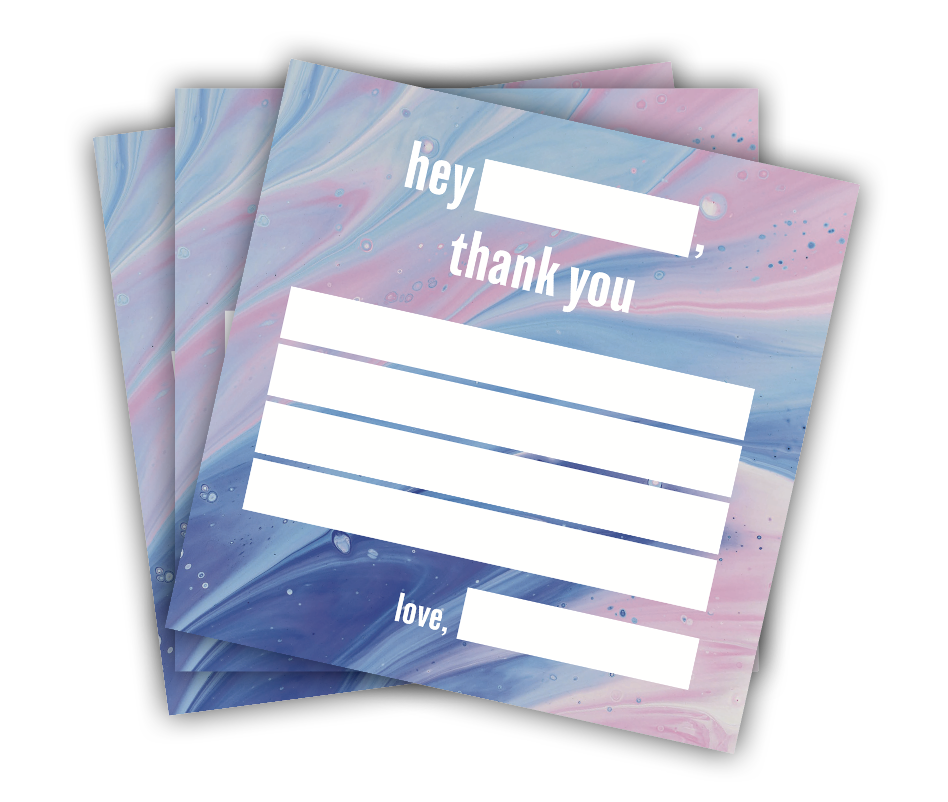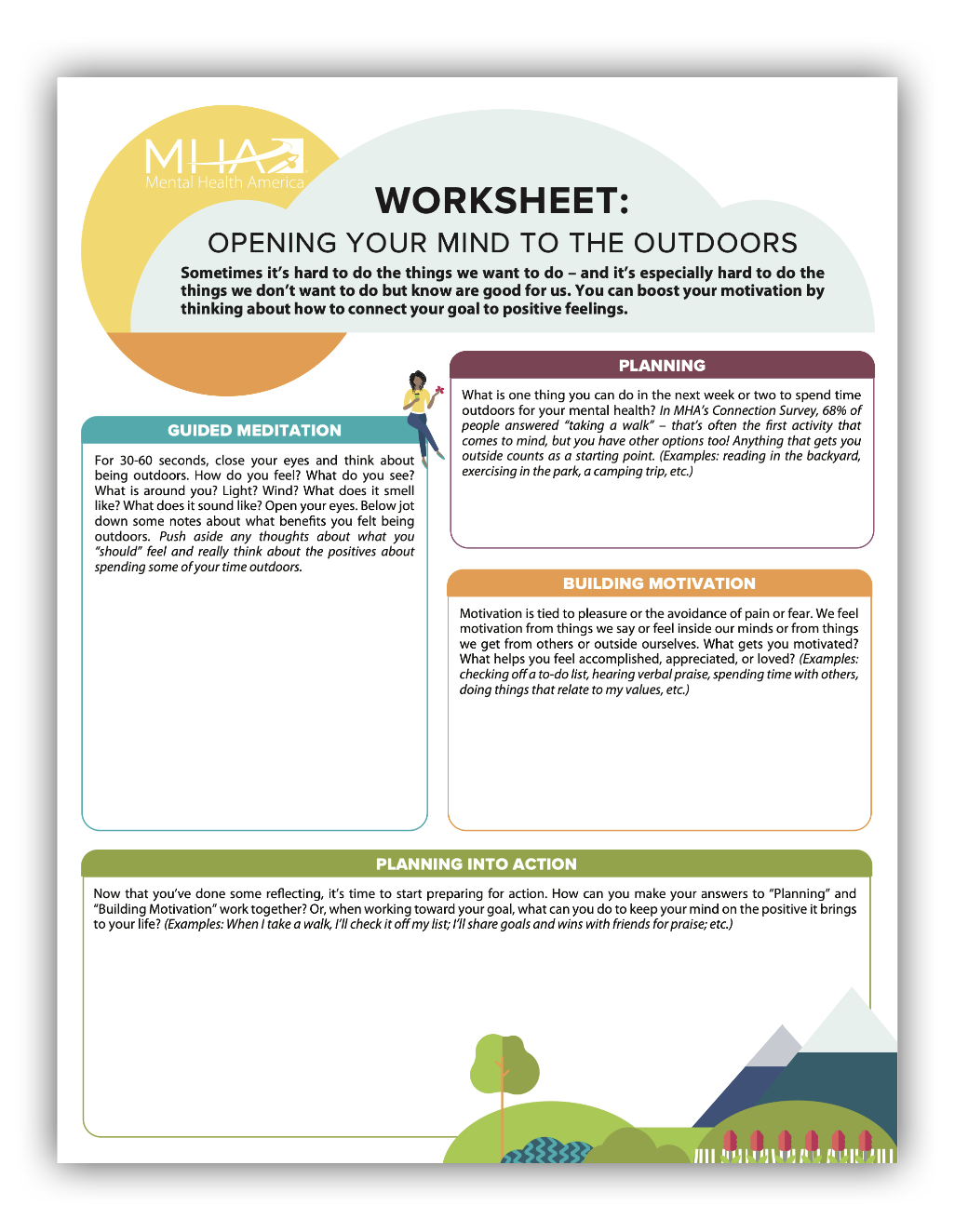Practicing Gratitude & Mindfulness
Small Shifts, Big Impacts 
In the hustle of everyday life, it’s easy to get caught up in stress, negativity, or the never-ending to-do list. But taking just a few minutes each day to practice gratitude and mindfulness can make a big difference for your mental well-being.
These practices aren’t about pretending everything is perfect. They’re about training your brain to slow down, notice the good, and create space between you and your stress.
What Is Gratitude?
Gratitude is the simple act of acknowledging the good in your life—no matter how small. It’s saying, “This moment matters” or “I’m thankful for this, even if today is tough.”
How to Practice Gratitude:
- Start or end your day with 3 good things. Write them down or say them out loud. They could be as simple as “the sun felt good on my face” or “I had a really great sandwich.”
- Thank someone. A quick text, note, or even a mental “thank you” can deepen your relationships and shift your mood.
- Keep a gratitude journal. Jot down a few things each day that made you smile or feel thankful. Over time, it helps rewire your brain to spot the positive more often.
What Is Mindfulness?

Mindfulness is paying attention to the present moment on purpose—without judgment. It’s a way of anchoring yourself when your mind starts racing or when life feels overwhelming.
How to Practice Mindfulness:
- Do a grounding exercise. Try naming five things you can see, four things you can touch, three things you can hear, two things you can smell, and one thing you can taste.
- Take a mindful breath. Pause and take a deep, intentional breath in… then let it out slowly. Even one mindful breath can bring a moment of calm.
- Be fully present. Whether you’re brushing your teeth, sipping tea, or walking to your car, try focusing fully on that experience. Notice the sensations, the rhythm, the temperature.
Why Gratitude and Mindfulness Work
Both practices help train your brain to pause before reacting. They improve focus, lower stress, boost mood, and over time, can help reduce symptoms of anxiety and depression. And the best part? They don’t require any special equipment—just your attention and a few quiet minutes.
Start Small
You don’t need to overhaul your routine. Try picking one moment each day to pause, breathe, and name one thing you’re grateful for. Add a grounding or mindfulness exercise when you need to recenter. With regular practice, these small acts can build up to meaningful change.